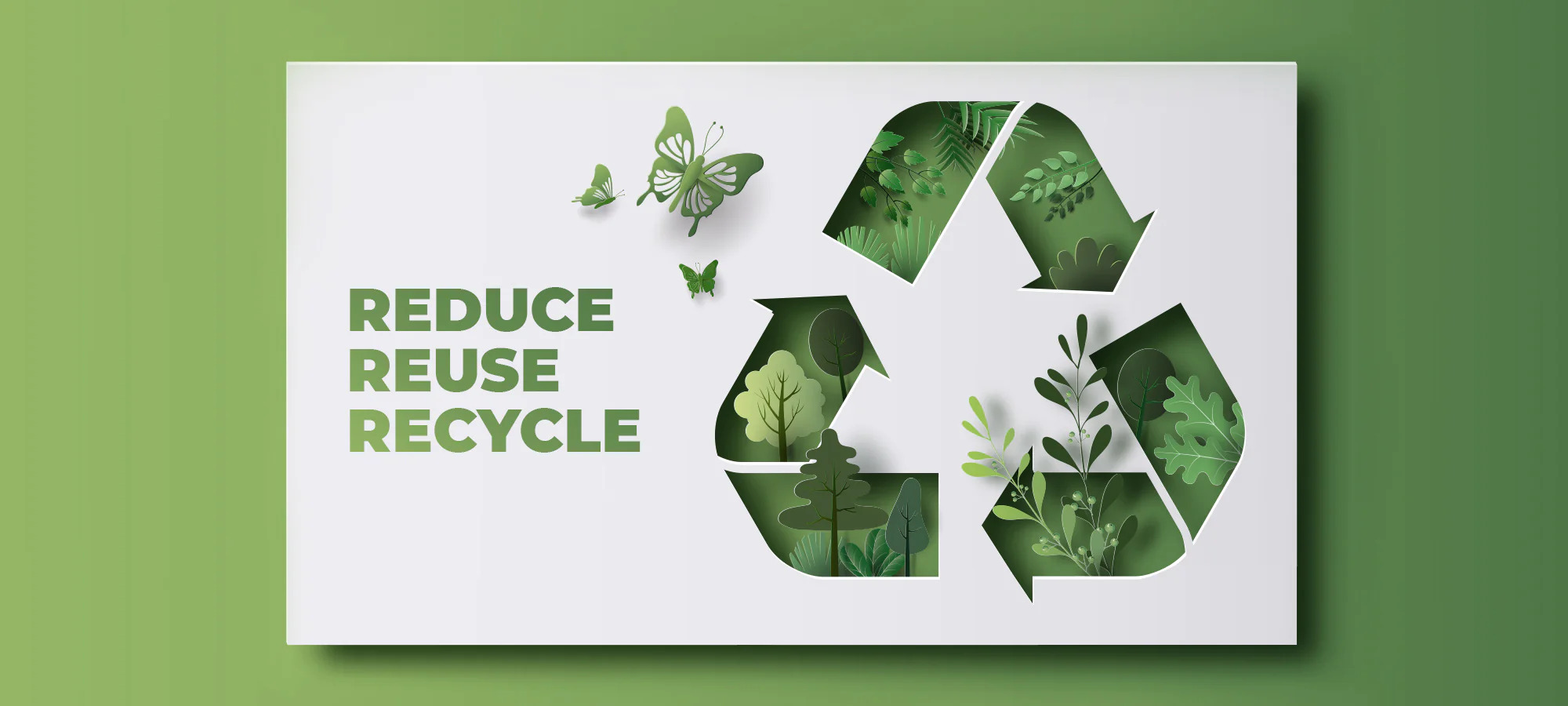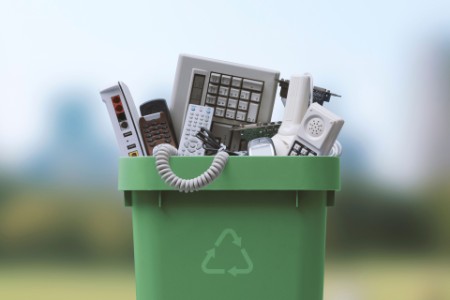In a world grappling with environmental challenges, the Three R’s of Recycling have emerged as a powerful mantra to guide us towards a more sustainable future. These principles, Reduce, Reuse, and Recycle, hold the key to minimizing waste, conserving resources, and preserving our precious planet. In this blog, we will delve into the significance of each R and explore practical ways to implement them in our daily lives.
- Reduce: Less is More
The first step towards effective recycling begins with reducing our consumption. It’s about being mindful of what we buy and understanding the environmental impact of our choices. By adopting a minimalistic approach and making conscious decisions, we can significantly decrease the amount of waste we generate. Embracing “Reduce” means opting for durable and long-lasting products, avoiding single-use items, and being thoughtful about packaging and plastic usage.
Tips for Reducing Waste:
- Choose products with minimal or eco-friendly packaging.
- Use reusable water bottles, coffee cups, and shopping bags.
- Buy products in bulk to reduce packaging waste.
- Opt for electronic statements and communications to reduce paper waste.
- Reuse: Giving New Life to Old Things
The second R, Reuse, encourages us to extend the lifespan of products and materials by finding creative ways to give them a new purpose. When we reuse items, we prevent them from ending up in landfills or adding to the burden of waste management systems. Embracing “Reuse” means looking for opportunities to repurpose, repair, or donate items that are still functional.
Ideas for Reusing:
- Repurpose glass jars for storage containers or DIY crafts.
- Mend and repair clothing and household items instead of discarding them.
- Donate gently used clothing, furniture, and electronics to local charities.
- Use old newspapers as wrapping paper or packing material.
- Recycle: Closing the Loop
Recycling, the third R, is perhaps the most familiar aspect of sustainable waste management. It involves processing used materials and converting them into new products, reducing the demand for raw resources. Recycling helps conserve energy, reduce pollution, and lower greenhouse gas emissions. It is essential to understand what can and cannot be recycled and to follow proper recycling guidelines in our communities.
Tips for Effective Recycling:
- Know your local recycling guidelines and sorting requirements.
- Rinse containers before placing them in recycling bins to prevent contamination.
- Recycle paper, cardboard, glass, metal, and certain types of plastics (check for recycling symbols).
- Consider recycling electronic waste and hazardous materials responsibly.
Conclusion:
Incorporating the Three R’s of Recycling into our daily lives empowers us to be proactive stewards of the environment. By reducing our consumption, reusing items creatively, and recycling materials, we contribute to the collective effort of creating a sustainable future for generations to come. Remember that each individual action, no matter how small, makes a meaningful difference in preserving our planet’s beauty and resources. Let us embrace the Three R’s as a guiding principle and take positive steps towards a greener, cleaner, and healthier world. Together, we can make a lasting impact and pave the way for a brighter tomorrow.






